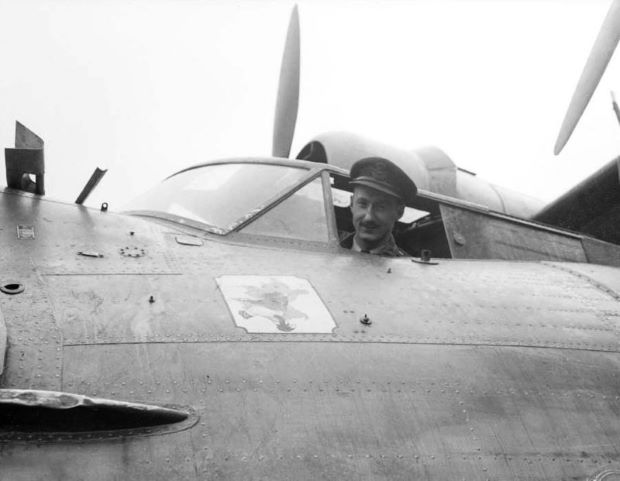April 5 in History
1942 – World War II: The Imperial Japanese Navy launches a carrier-based air attack on Colombo, Ceylon during the Indian Ocean raid. Port and civilian facilities are damaged and the Royal Navy cruisers HMS Cornwall and HMS Dorsetshire are sunk southwest of the island
Known as the Easter Sunday Raid, the carrier-based air attack on Colombo, Ceylon, by the Imperial Japanese Navy on this day in 1942, was carried out with the objective of destroying the Ceylon-based British Eastern Fleet in harbour. The British pre-emptively dispersed shipping from the harbours before the attacks due to advance warning from intelligence in March 1942, and air reconnaissance during the raid.
The attacking Japanese aircraft were met by fighters of the Royal Air Force’s (RAF) 222 Group, commanded by Air Vice-Marshal John D’Albiac, and the Royal Navy’s Fleet Air Arm (FAA), and anti-aircraft artillery. Port facilities were damaged in the attack, and ships both in harbour and – having dispersed – on the ocean were sunk or damaged. However, the bulk of the British Eastern Fleet survived.
The raid demonstrated Ceylon’s vulnerability; British forces were not prepared to face further Japanese carrier raids. The Eastern Fleet relocated its main base to East Africa, from which it regularly deployed carrier task forces into the central and eastern Indian Oceans.
-ENCL/Wikipedia
Photo Caption – Royal Canadian Air Force Squadron Leader Leonard Birchall, the ‘Saviour of Ceylon’, aboard a Catalina aircraft before being shot down and captured near the island of Ceylon by the Japanese in 1942. Before being shot down, Birchall warned of a Japanese attack on Ceylon –Wikipedia



Comments are closed, but trackbacks and pingbacks are open.